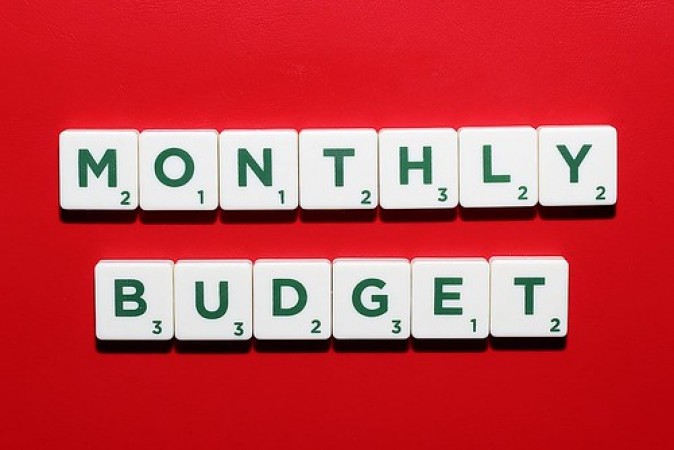
In today's fast-paced world, managing personal finances has become more crucial than ever. Creating a monthly budget is an essential step towards achieving financial stability and reaching your financial goals. By setting up a well-structured budget, you can gain better control over your spending, save for emergencies, pay off debts, and even invest for the future. In this article, we will guide you through the process of creating an effective monthly budget to help you take charge of your finances.
Why Monthly Budgeting Matters
Before diving into the specifics of creating a monthly budget, it's essential to understand why budgeting matters. A budget acts as a financial roadmap, providing you with a clear picture of your income and expenses. It allows you to make informed decisions about where your money should go, helping you avoid unnecessary expenses and save for important financial milestones.
Assess Your Income
The first step in creating a monthly budget is to assess your income. List down all the sources of income you have for the month. This may include your salary, freelance earnings, rental income, or any other sources of money you receive regularly. Having a comprehensive understanding of your income is vital for effective budgeting.
Track Your Expenses
Next, it's time to track your expenses. Take a look at your spending habits over the past few months to identify patterns and areas where you tend to overspend. Categorize your expenses into different groups such as housing, utilities, transportation, groceries, entertainment, and savings. This step will help you comprehend where your money is going and highlight areas where you can cut back.
Set Financial Goals
Setting financial goals is an integral part of budgeting. Determine what you want to achieve financially in the short and long term. It could be paying off debts, saving for a vacation, building an emergency fund, or investing in retirement. Assign specific amounts and timelines to each goal to make them more achievable.
Creating the Budget
Now that you have a clear picture of your income, expenses, and financial goals, it's time to create the actual budget. Start by allocating a portion of your income towards essential expenses such as rent/mortgage, utilities, and groceries. Then, assign amounts to discretionary spending categories like dining out, entertainment, and shopping.
Embrace the 50/30/20 Rule
A popular budgeting strategy is the 50/30/20 rule. Allocate 50% of your income to needs (essential expenses), 30% to wants (discretionary spending), and 20% to savings and debt repayment. This approach provides a balanced way to manage your finances while ensuring you save enough for the future.
Stay Flexible
Flexibility is key when it comes to budgeting. Life is unpredictable, and unexpected expenses can arise at any time. Be prepared to adjust your budget as needed and avoid becoming discouraged if you don't stick to it perfectly every month. The goal is progress, not perfection.
Utilize Budgeting Tools and Apps
In the digital age, numerous budgeting tools and apps are available to assist you in managing your finances more effectively. These tools can help you track your expenses, set reminders for bill payments, and monitor progress towards your financial goals. Take advantage of these resources to simplify your budgeting process.
Avoid Impulse Spending
One of the biggest obstacles to successful budgeting is impulse spending. We often make impulsive purchases that can quickly throw off our budget. Combat this by adopting a "cooling-off" period before making significant purchases. Give yourself a day or two to think it over and determine if it aligns with your financial goals.
Involve Your Family
If you have a family, involving them in the budgeting process can lead to better financial decisions. Discuss financial goals together and encourage everyone to contribute ideas for saving money. When everyone is on board with the budget, it becomes easier to stick to it.
Monitor and Review Regularly
Budgeting is an ongoing process. To ensure its effectiveness, monitor and review your budget regularly. Compare your actual expenses with what you had planned and identify areas for improvement. Regularly reviewing your budget will help you stay on track and make necessary adjustments.
Creating a monthly budget is a powerful tool for achieving financial stability and success. By assessing your income, tracking expenses, setting financial goals, and following a well-structured budget, you can take control of your finances and work towards a brighter financial future.
Twitter pronto “X” is giving out Revenue Share to all Content Devisers Globally
Akira Ransomware Poses Serious Threat to Businesses and more harms